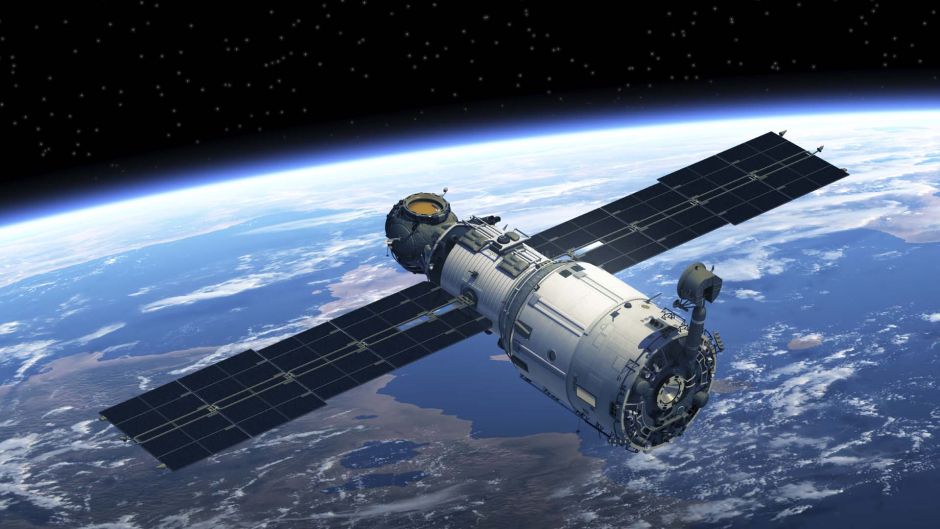Pakistan to set up its own Space Centre for Satellite production & development

On 14 May 2018, the Government of Pakistan announced that it will establish the Pakistan Space Centre (PSC) to start the domestic development and manufacturing of satellites. According to a report by Pakistan’s state-owned Associated Press of Pakistan (APP), the PSC will undertake its programs “in accordance with international space standards” in the coming years.
The APP also reports that Pakistan will complete feasibility studies for two new projects:
- Pakistan Remote Sensing Satellite 02 (PRSS-02) with “sub-meter” resolution image capture capability.
- Second, the Pakistan Navigation Satellite System (PakNav), which will provide Pakistan with “independent satellite navigation for both civilian and strategic purposes”.
The PRSS-1 was initially scheduled for launch (by China) in March 2018, but this has been delayed due to some reasons. However, Pakistan is still committed to launching it in 2018.
The initiative, if it becomes a reality, would be a big step forward to the space development programs in Pakistan.
Recently, Pakistan and China signed an agreement for the development and launch of PakSat Multi-Mission Satelite (PakSat-MM1) as well. PakSat-MM1 will primarily function as a communications satellite with the capability to provide Direct-to-Home (DTH) services. The PakSat-MM1 will primarily serve a commercial role, e.g. provide Direct-to-Home (DTH) services.
In April 2018, Pakistan also signed a contract with China Great Wall Industry Corporation (CGWIC) for a “gap filler satellite” orbiting in the intended orbital location of the PakSat-MM1. As per the MoU, CGWIC and Pakistan will share the cost of the production, launch, and operations of the satellites equally.
I have done Mphil in Biotechnology from Punjab University, Lahore. I love to write about topics that fascinate me; business, startups, health, technology and, women empowerment. I am a foodie, ambivert, and angry anarchist. I have an instinct to learn new things and explore innovative ideas.
You can reach out to me at [email protected]


 2 min read
2 min read
















